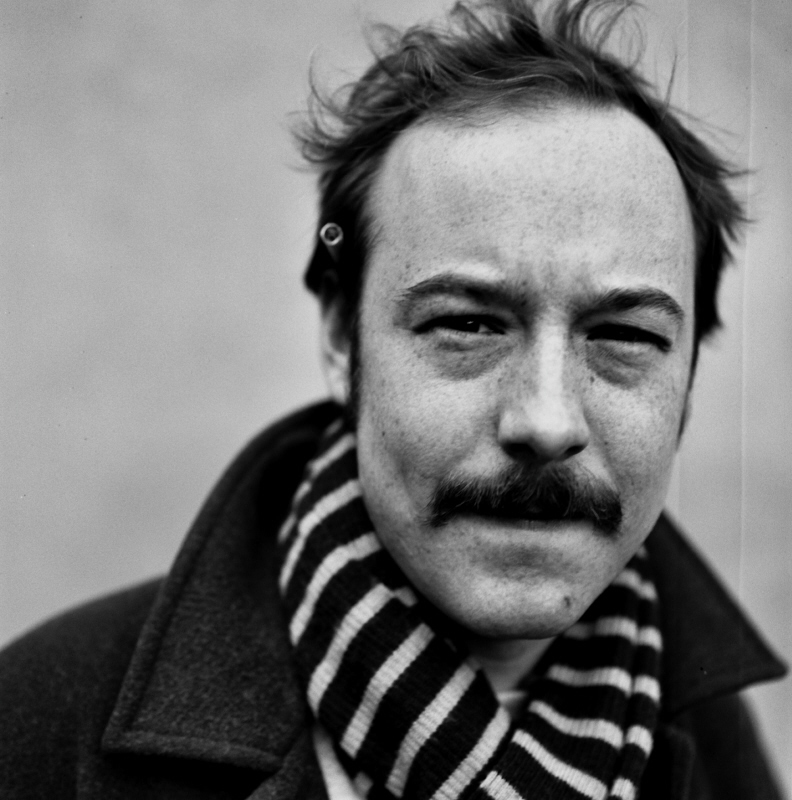 (Taken by Jacob Slaton.)
(Taken by Jacob Slaton.)This is my family:
 (Also taken by Jacob.)
(Also taken by Jacob.)This is my buddy Joe and his poor, long-suffering, lovely wife Holly:
 (Taken by someone else.)
(Taken by someone else.)
"In the lissome light of evening /// Help me, Cosmia, I'm grieving."
 (Taken by Jacob Slaton.)
(Taken by Jacob Slaton.) (Also taken by Jacob.)
(Also taken by Jacob.) (Taken by someone else.)
(Taken by someone else.)
 I read today that MillerCoors is neutering Sparks, its popular, radioactive-colored alcoholic energy drink (or maybe that's energetic alcohol drink?), by removing all its caffeine, taurine, ginseng, and guarana. No more will Sparks be liquid cocaine.
I read today that MillerCoors is neutering Sparks, its popular, radioactive-colored alcoholic energy drink (or maybe that's energetic alcohol drink?), by removing all its caffeine, taurine, ginseng, and guarana. No more will Sparks be liquid cocaine.Still, the [attorneys general] noted in their own statement that MillerCoors has also agreed to “cease particular marketing themes that appeal to underage youth, eliminating advertisements that feature a bright orange-stained tongue and not renewing its contract with William Ocean, an air guitar champion who does a back flip onto an opened can of Sparks at all of his shows.” They add MillerCoors will discontinue its Sparks Web site, “which looks like it was created by a college freshman.”That's why you read, kids—Because every once in a great while you come across a sentence or two like that.
"At the Lawrence Berkeley laboratory, he has sponsored research into biofuels and solar energy and has been a strong advocate of controlling greenhouse gas emissions."It's nice to see that Obama is bringing the smart. Also it's nice to see that Obama is bringing the not-bought-and-sold-by-the-oil-industry.
He started a fire with some chunks of pine he got with the ax from a stump. Over the fire he stuck a wire grill, pushing the four legs down into the ground with his boot. Nick put the frying pan on the grill over the flames. He was hungrier. The beans and spaghetti warmed. Nick stirred them and mixed them together. They began to bubble, making little bubbles that rose with difficulty to the surface. There was a good smell. Nick got out a bottle of tomato catchup and cut four slices of bread. The little bubbles were coming faster now. Nick sat down beside the fire and lifted the frying pan off. He poured about half the contents out into the tin plate. It spread slowly on the plate. Nick knew it was too hot. He poured on some tomato catchup. He knew the beans and spaghetti were still too hot. He looked at the fire, then at the tent, he was not going to spoil it all by burning his tongue. For years he had never enjoyed fried bananas because he had never been able to wait for them to cool. His tongue was very sensitive. He was very hungry. Across the river in the swamp, in the almost dark, he saw a mist rising. He looked at the tent once more. All right. He took a full spoonful from the plate.I don't know. I remember, as I said earlier in these pages, walking down the street feeling good and then catching myself. Trying to order everything, turn on a dime, precision. Balancing.

